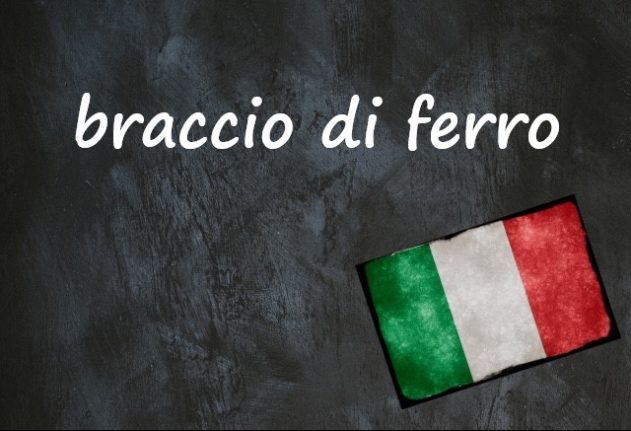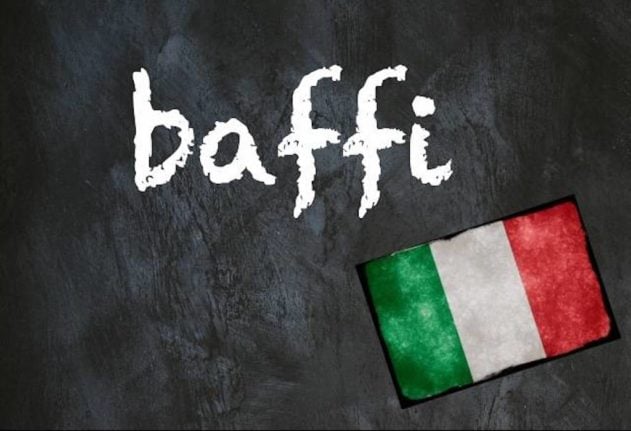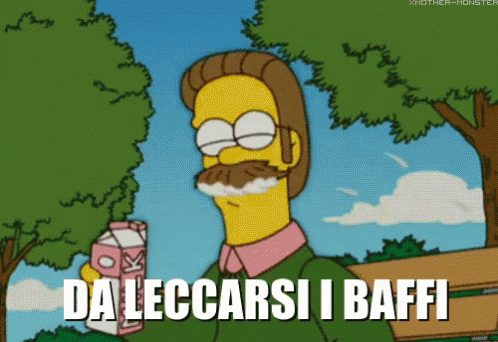Italian news headlines at the moment are dominated by talk of who’ll get which job in the new government: the totoministri is well underway.
But along with the many ipotesi (hypotheses as to what might happen next) and discussions about poltrone (not armchairs in this case, but ‘seats’ or jobs in the new government) you may spot another, somewhat unexpected phrase in the news: braccio di ferro.
Click here to hear it pronounced.
If you speak some Italian already, you’ll probably know this phrase translates into English literally as ‘arm of iron’.
It’s the Italian name for what we’d call ‘arm wrestling’ in English, and it can also be translated as a ‘tug of war’.
Dai, facciamo braccio di ferro.
Come on, let’s arm wrestle.
It’s also the Italian name for the famously strong-armed cartoon character Popeye.
But the newspapers probably aren’t talking about him, or reporting on any arm-wrestling contests. At least, not literally.
The phrase is also used in Italian to talk about other struggles or tussles, particularly of the type that could end in one party resorting to dirty tricks in order to gain the upper hand.
Figuratively, braccio di ferro describes any ‘test of strength’ that may or may not involve giving your upper arm muscles a workout.
One dictionary describes it as a “prolonged confrontation between two adversaries determined not to withdraw from their positions”.
Continua il braccio di ferro tra governo e sindacati
The tug of war continues between the government and trade unions
With Italy’s rival politicians now engaged in fierce negotiations over who gets which job and how much power is allocated to each party in government, it’s not too hard to visualise what a braccio di ferro looks like in this context.
You can find all The Local’s latest political news reports here.
Do you have a favourite Italian word you’d like us to feature? If so, please email us with your suggestion.




 Please whitelist us to continue reading.
Please whitelist us to continue reading.
Member comments